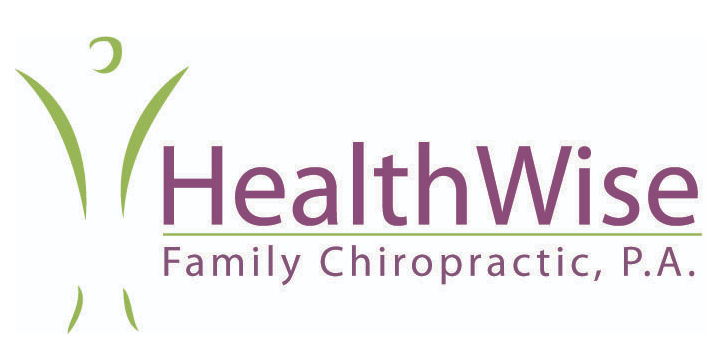Lift Smart, Stay Strong: Proper Lifting Techniques to Prevent Back Pain
The Role of the Spine in Digestive Health
When you think of chiropractic care, you probably think of back pain or stiff necks — but what if we told you your digestive issues could also be connected to your spine?
It may sound surprising, but there’s a strong relationship between your spinal health and your gut function. Chiropractic care doesn’t just affect bones and joints — it influences the nervous system, which plays a major role in digestion.
If you’ve been dealing with bloating, acid reflux, constipation, or other digestive discomfort, your spine might be more involved than you think.
How Your Spine Impacts Digestion
Your digestive system is controlled by your nervous system, which sends signals from your brain to your stomach, intestines, and other organs. These signals help regulate:
- The production of stomach acid
- Muscle contractions (called peristalsis) that move food through your gut
- Nutrient absorption
- Elimination of waste
The nerves that control digestion originate in the spine, particularly in the thoracic (mid-back) and lumbar (lower back) regions. If the spine is out of alignment — a condition known as vertebral subluxation — it can interfere with these nerve signals and disrupt digestion.
Common Digestive Issues Linked to Spinal Misalignment
While many digestive symptoms have multiple contributing factors (like diet, stress, or medications), spinal misalignments can be a hidden trigger. Here are a few conditions where chiropractic care may help:
1. Acid Reflux and Heartburn
Misalignments in the mid-thoracic spine (T5–T8) can affect nerves that help regulate stomach acid. If the stomach produces too much acid — or if the valve between the stomach and esophagus isn’t working well — acid reflux can result.
2. Constipation
The lower lumbar spine and sacrum influence nerve flow to the colon. Misalignments in this region may interfere with bowel motility and contribute to constipation or irregularity.
3. Bloating and Gas
Poor nervous system communication can slow digestion, leading to fermentation, gas buildup, and bloating — especially if paired with poor posture, which compresses abdominal organs.
4. IBS (Irritable Bowel Syndrome)
While IBS is a complex condition, chiropractic care may help reduce stress on the nervous system and support more balanced communication between the brain and gut (the gut-brain axis).
How Chiropractic Supports Digestive Function
Chiropractic care can help your digestive system by restoring alignment and reducing interference in nerve signaling. Here’s how it works:
- Spinal adjustments gently correct misalignments to free up nerve flow
- Postural corrections improve abdominal space and reduce pressure on digestive organs
- Nervous system regulation helps shift the body from "fight or flight" into "rest and digest" mode
- Lifestyle coaching (on diet, hydration, stress, and movement) supports a healthy gut environment
Many patients report better digestion, reduced bloating, and more regular bowel movements after consistent chiropractic care — especially when combined with mindful eating and gut-friendly habits.
Other Factors That Affect Digestive Health
While chiropractic is a powerful tool, true digestive wellness is multifaceted. For best results, we also encourage:
- Eating whole, fiber-rich foods
- Managing stress levels
- Drinking plenty of water
- Taking a high-quality probiotic
- Avoiding prolonged sitting or slouched posture
- Getting regular movement and exercise
Trust Your Gut — and Take Care of Your Spine
If you're struggling with digestive discomfort and looking for a natural, non-invasive way to support your gut, chiropractic care might be part of the solution. By improving spinal alignment and nerve communication, your body can digest and function the way it was designed to.
Your gut health matters — and your spine plays a bigger role than most people realize.
Let’s get to the root of the issue. Schedule an appointment today and take the first step toward better digestion and better health.

